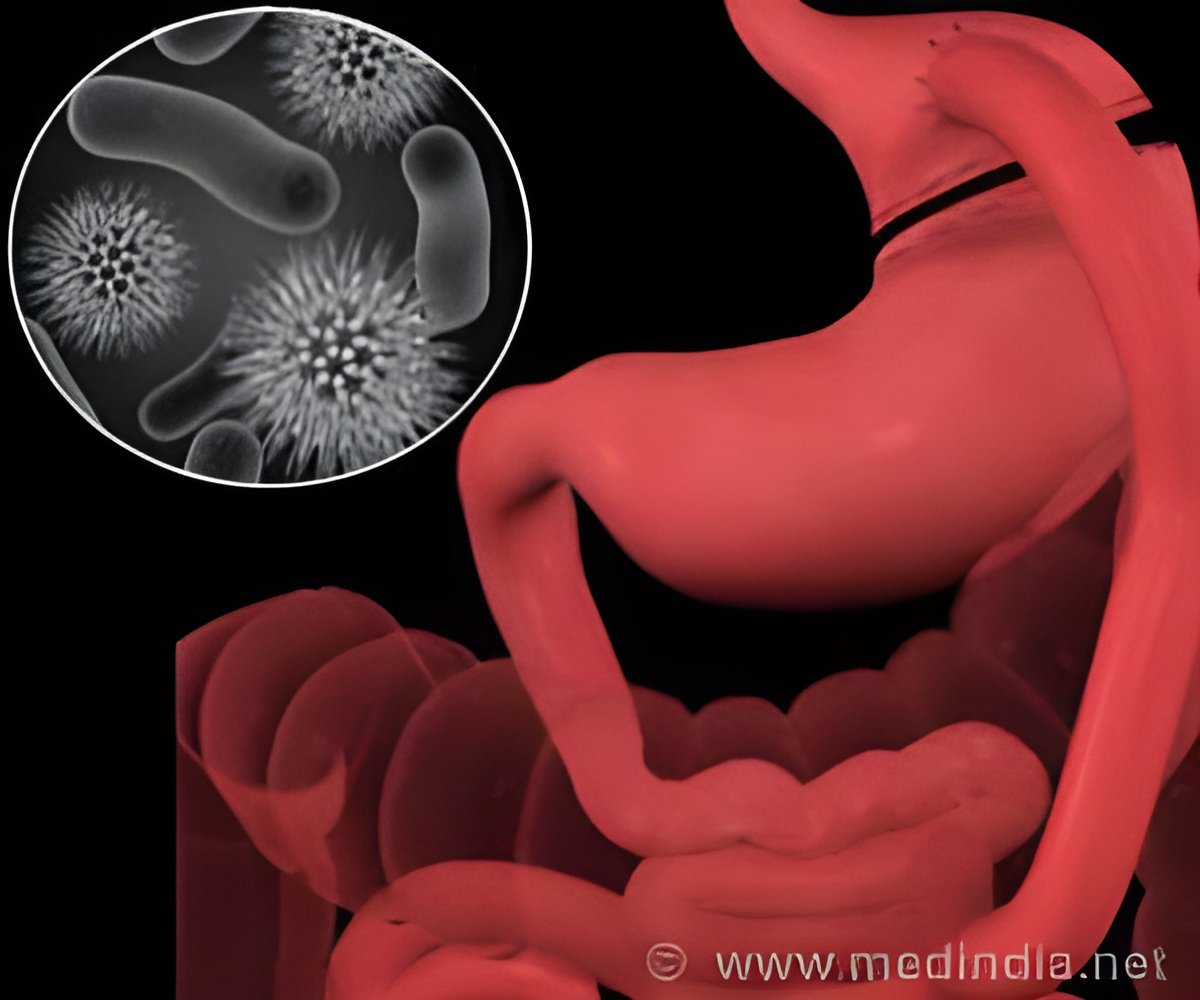
"Love handles" in particular contain troublesome white fat cells, which store excess food. Brown fat cells are the exact opposite: they burn excess energy as the desirable "heaters" of the body.
University of Bonn scientists working with Prof. Dr. Alexander Pfeifer, Director of the Institute for Pharmacology and Toxicology, have spent years using animal models to explore how the undesirable white fat can be converted into sought-after brown fat.
"In this way, excess pounds may be able to simply be melted away and obesity combated", said Prof. Pfeifer.
The researchers have now decoded a "microRNA switch" in mice, which is important for brown fat cells. Micro-RNAs are located in the genome of cells and very quickly and efficiently regulate gene activity.
The researchers studied a specific microRNA: microRNA 155. The gene regulator micro-RNA 155 inhibits a certain transcription factor that controls brown fat cell function.
Advertisement
The researchers at Bonn University and their colleagues from the Federal Institute of Drugs and Medical Devices (BfArM) and from the University of Regensburg worked with so-called transgenic and knockout mice in whom the gene for micro-RNA 155 was either increased or silenced.
Advertisement
The micro-RNA functions as an antagonist to the brown fat cells.
"As long as enough micro-RNA 155 is present, the production of brown fat cells is blocked," said Chen.
Only if it falls below a certain proportion does this brake let up; the blueprint for brown fat can be read and implemented by the cell - the desired fat burners can develop. These findings help scientists better understand the causes of lipid metabolism diseases.
The scientists at the University of Bonn see in their results a potential starting point for drugs to combat obesity.
The researchers have clues to the fact that the results, if anything, can be transferred from mice to humans. Thus, for example, researchers in Leipzig found increased levels of micro-RNA 155 in significantly overweight patients.
This corresponds to findings from animal models: A lot of micro-RNA 155 is associated with reduced fat burning.
"However, we are still in the basic research stage," said Prof. Pfeifer. The path to suitable drugs is still a long one.
The results are now being presented in the scientifc journal "Nature Communications".
Source-ANI














